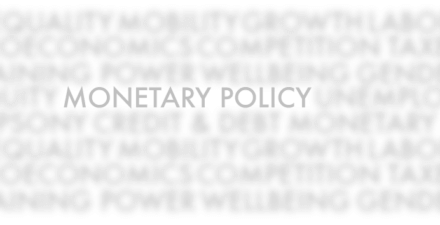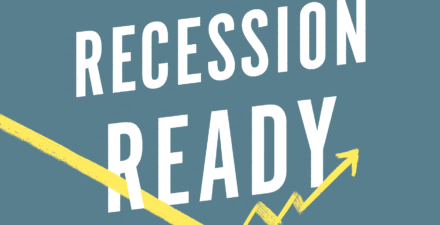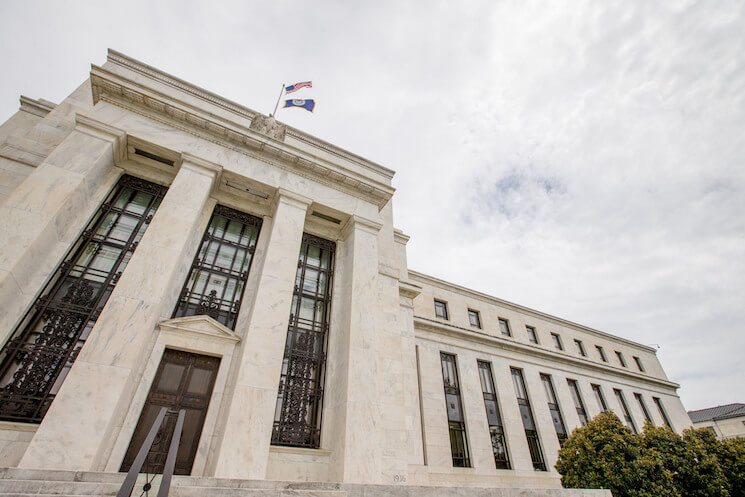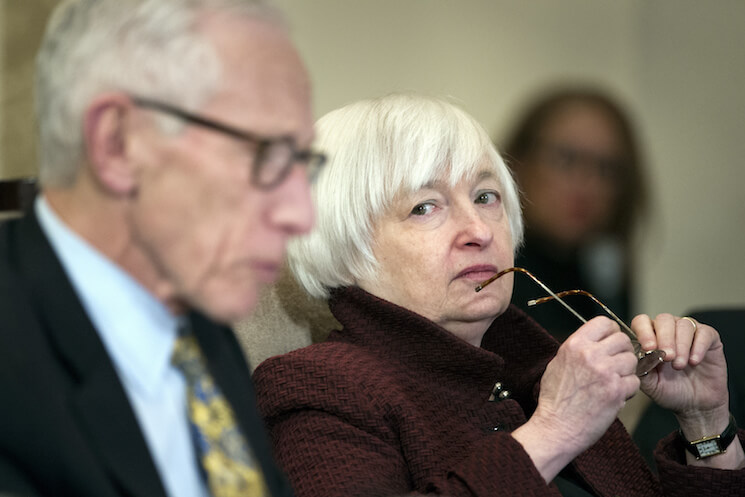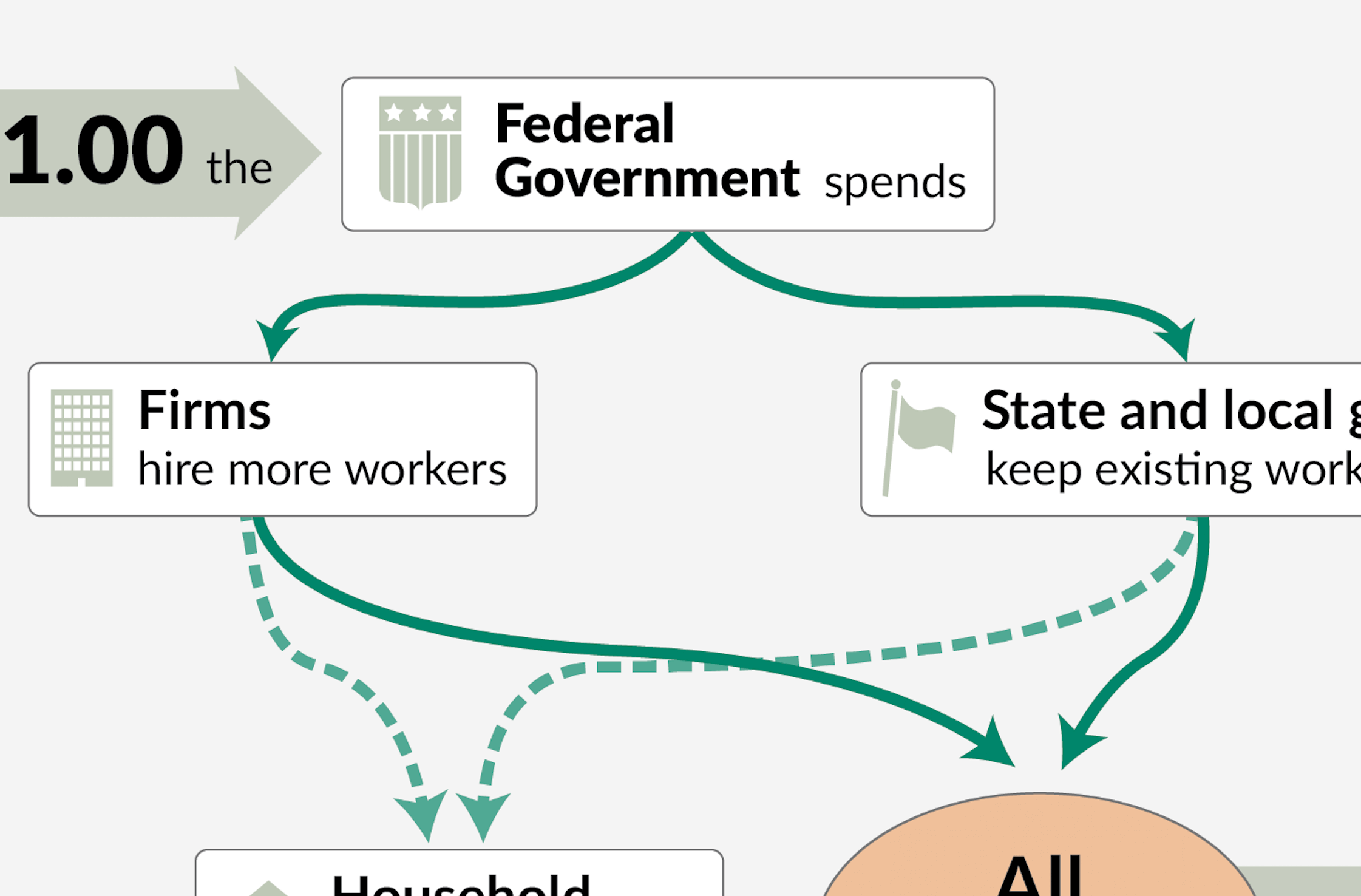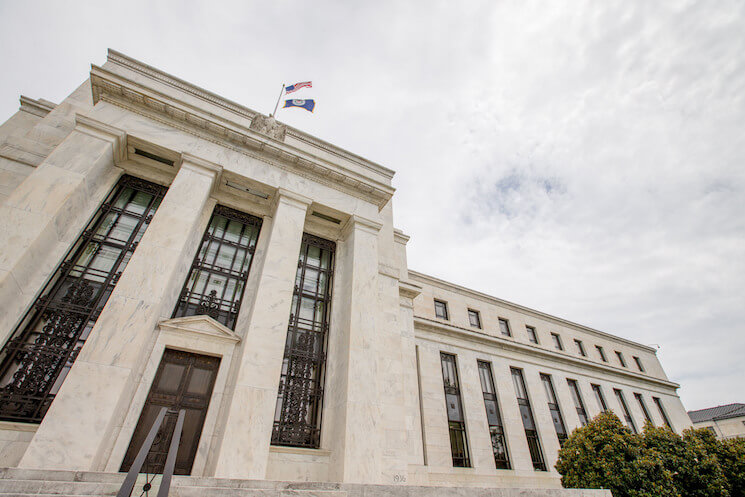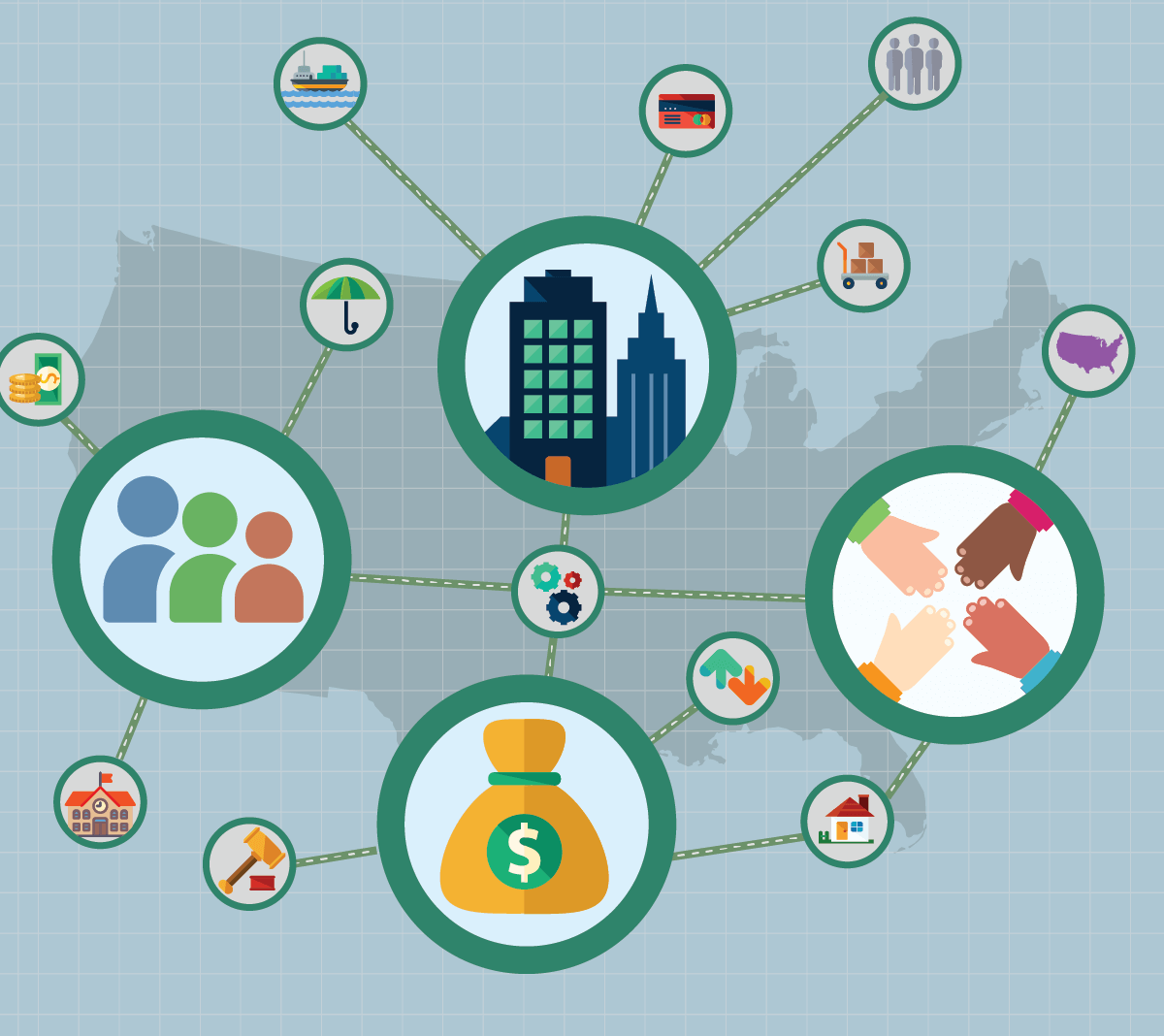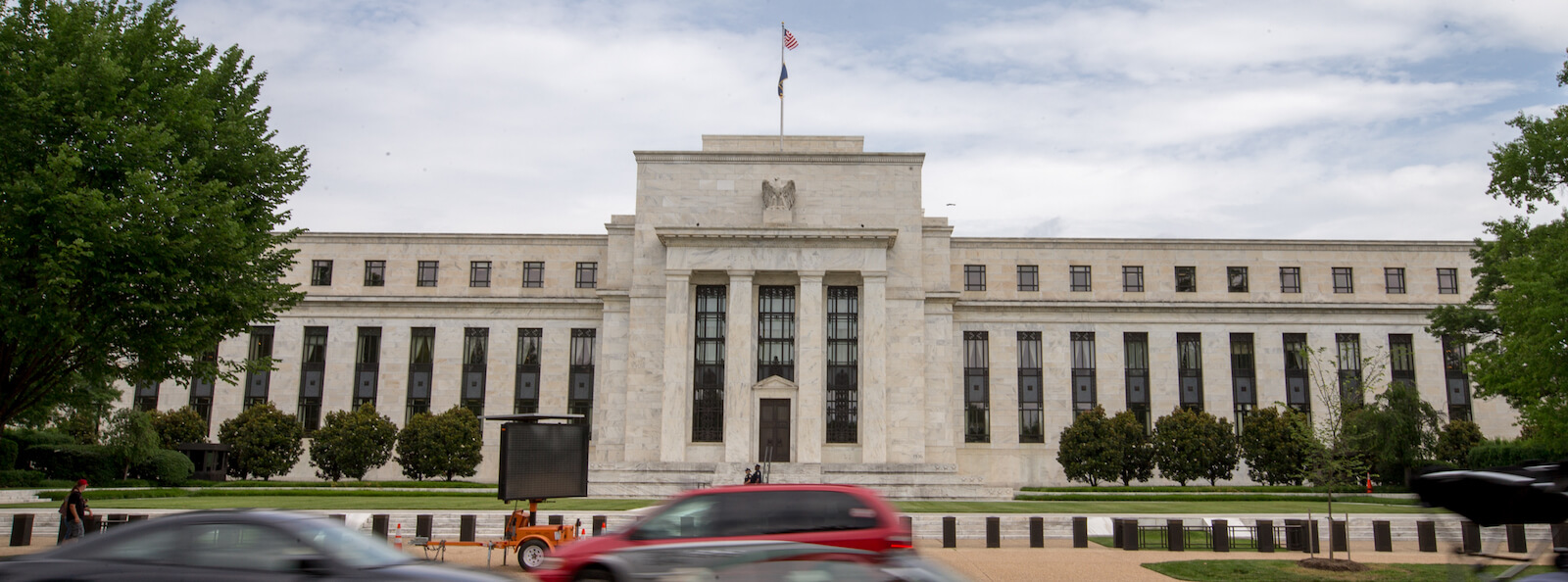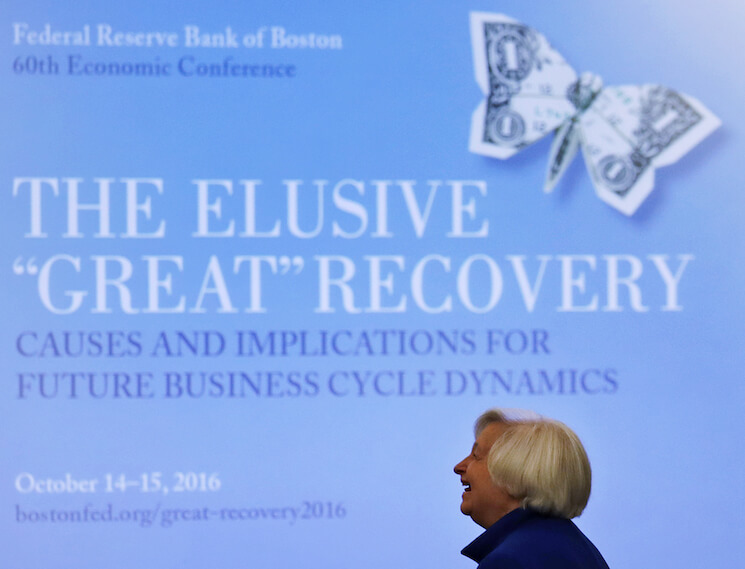Recessions cause substantial economic pain through elevated unemployment and financial distress for individuals, families, and businesses. Monetary policy is a primary tool that U.S. policymakers use to support the macroeconomy and reduce the pain of economic downturns. Equitable Growth works to improve our understanding of how monetary policy affects the business cycle, unemployment, and inequality to deliver robust, broad-based economic growth.
Featured work
Why measuring inflation is surprisingly challenging
April 5, 2023
April 5, 2023
U.S. inflationary trends amid the COVID-19 pandemic
December 13, 2022
December 13, 2022
What are the distributional effects of monetary policy?
November 17, 2022
November 17, 2022
The impact of different inflationary pressures due to income inequality and racial disparities in the United States today
May 26, 2022
May 26, 2022
Good U.S. monetary policy can’t fix bad U.S. fiscal policy
February 18, 2020
February 18, 2020
Planning for the next recession by reforming U.S. automatic stabilizers
May 16, 2019
May 16, 2019
Explore Content in Monetary Policy259
What’s behind the decline in U.S. interest rates?
February 6, 2017
February 6, 2017
An uncertain time at the Federal Reserve
February 1, 2017
February 1, 2017
What have we learned about geographic cross-sectional fiscal multipliers?
January 24, 2017
January 24, 2017
Functional finance vs. conventional finance: What’s really at stake?
November 1, 2016
November 1, 2016
Delivering equitable growth: strategies for the next Administration
October 31, 2016
October 31, 2016
What does macroeconomic policy look like when people aren’t perfectly rational?
October 26, 2016
October 26, 2016
Yellen poses important post-Great Recession macroeconomic questions
October 18, 2016
October 18, 2016
Explore the Equitable Growth network of experts around the country and get answers to today's most pressing questions!





